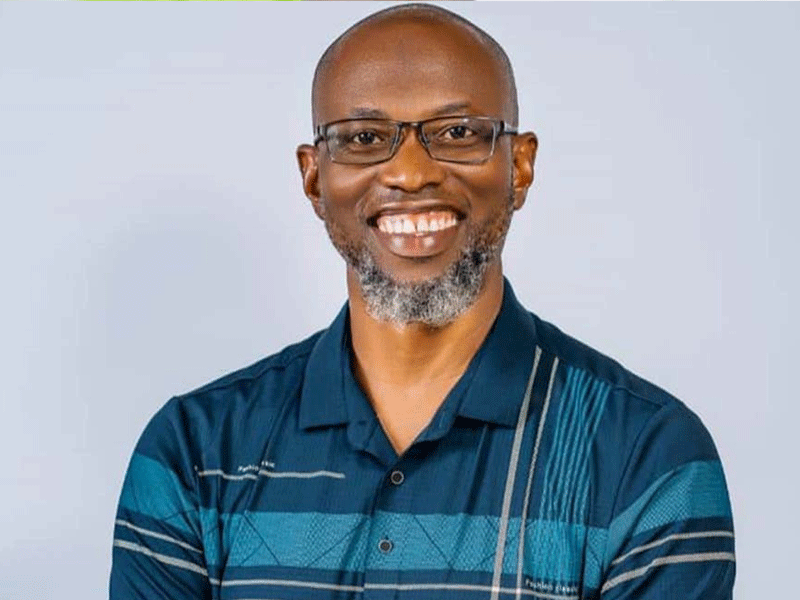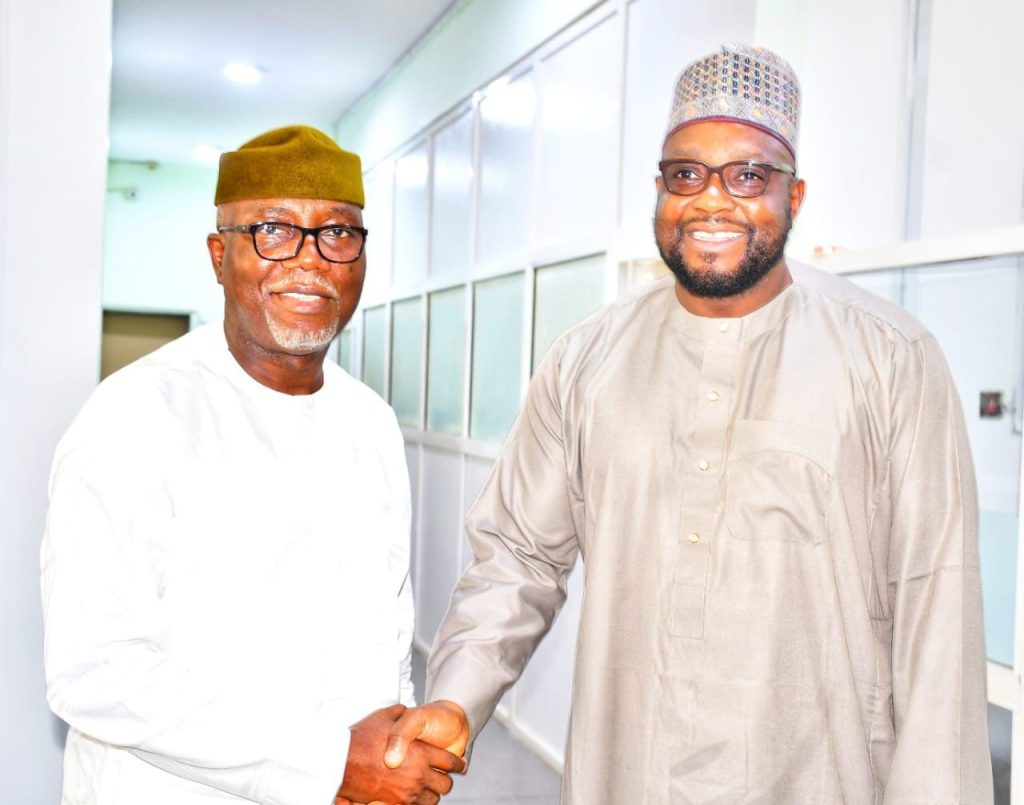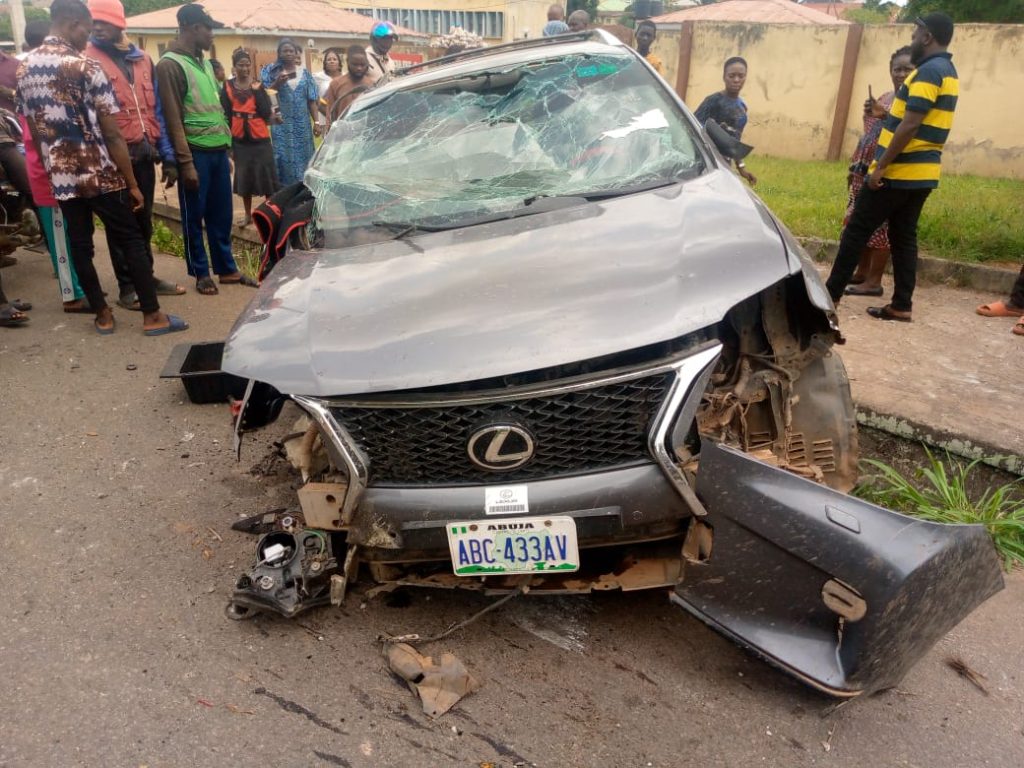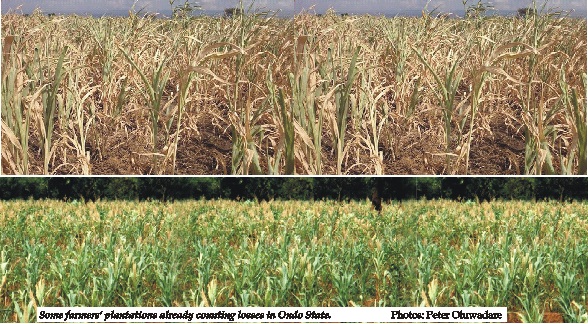Widening inequality in Nigeria: A time bomb!
By Afolabi Aribigbola
|
Nigeria prides itself as the largest economy in Africa and one of the fastest growing economies in the world. However, Nigeria like most developing countries of the world, has more than half of her population grappling with extreme poverty while a small group of elites enjoys ever-growing wealth. One is really worrying about the increasing and widening gap between the few rich and the poor majority of Nigerians that are deprived of the good things of life. It has been suggested that less than 10 percent of the population of the country controls more than 90 percent of the resources of the country.
Indeed, inequality is a global problem affecting both the developed and developing societies including Nigeria. The case for concern is that while in the more prosperous societies, concrete efforts have been made to reduce the gap between the rich and the poor, the same cannot be said of Nigeria. Therefore, the gap between the haves and haves-not continues to grow in leaps and bounds. The importance attached to reducing inequality within and among countries because of its negative consequences motivated the world organization, the United Nations, to focus one of the globally agreed Sustainable Development Goals (SDGs) on reducing inequality within and among countries. This was hinged on the fact that income inequality increased by 11 percent in developing countries between 1990 and 2010.
While the world community seemed committed to reducing inequality in all its ramifications, the same cannot be said of Nigeria. In some societies, efforts have been made to reduce the number of people living in extreme poverty, whereas in Nigeria, gaps have continued to grow as few people amass unprecedented levels of wealth while millions of individuals still have no access to basic services and goods.
A panoramic assessment or view of Nigeria revealed widening inequality as one of the dominant features of its space economy. A number of concerned individuals and organizations opined that inequality in the country is multidimensional. And that it is visible in all aspects or sectors of the country: from economy to education, access to basic facilities and services such as housing, health, power supply, and transport among others.
Indeed, there is no society where there is absolute equality. However, the dimension and the growing nature of inequality in Nigeria calls for caution and action to redress the situation. In Nigeria, inequality manifests in several areas. In terms of access to utilities and services for instance, the children of the affluent or wealthy families attend private institutions locally and elite universities abroad, while the poor are forced to attend overcrowded, poorly staffed schools with deficient infrastructure. In the area of health, the rich have access to qualified medical personnel and state of the art facilities, while the poor attend clinics without doctors and other quality medical personnel. On housing, the rich reside in expansive highbrow neighborhoods supplied abundantly with facilities and services that make living conducive, whereas the poor are crowded in unhealthy residences with dilapidated infrastructure. In sum, everywhere in the country, inequality manifests itself.
With the above background, the germane question is why the need to be concerned with the growing inequality in Nigeria? Of course, the consequences, if not addressed, can be very devastating. In the first instance, it has the capacity to engender crisis of no mean magnitude. For instance, in South Africa now, poverty and inequality is responsible for rioting resulting in looting of shops, supermarkets and stores. Thus, inequality may be associated with multiple social problems, social cohesion, with serious consequences on the ability of the government to manage. It is already happening in Nigeria. That is why the affluent now hire security guards to protect themselves and properties.
Inequality is derided in contemporary times because it promotes and enhances social exclusion. Besides, widening inequality pervading all aspects of the country could exacerbate social problems such as drug abuse, high homicide rates, low life expectancy and gender-based violence among others. Some of the current social problems in Nigeria such as scam, yahoo yahoo, kidnapping and ritual killings could be traced to inequality and subjection of certain groups of people to permanent penury. From the above, it is evident that inequality could cause serious problems if not quickly and reasonably addressed.
To address the problem of inequality, there is the need to articulate, legislate and faithfully implement economic and social policies that will assist and promote the cause of the poor. This requires drastic redistribution of the resources of Nigeria. Past policies in the country have not been effective in solving poverty problems. A situation where a few controls the large chunk of our national resources cannot engender equity but rather increase it. There is also the need to support and cater for the needs of the poor in our society. Social security support and subsidies for the downtrodden becomes inevitable and should be introduced to assist the poor and vulnerable. The present practice of supporting and subsidizing the consumption of the upper echelon of society will continue to increase the already wide gap between the rich and the poor in Nigeria.
The issue of corruption should be properly and adequately addressed. Corruption permits a few privileged unfettered accesses to the national purse to the detriment of the poor majority. It also affords them opportunity to exhibit life styles which they did not work for. As long as corruption thrives as it is at present, inequality will continue.
Finally, the country should vigorously pursue human development. With better education and training, there will be improvement in human resources development and by extension improvement in income and access to the good things of life.









